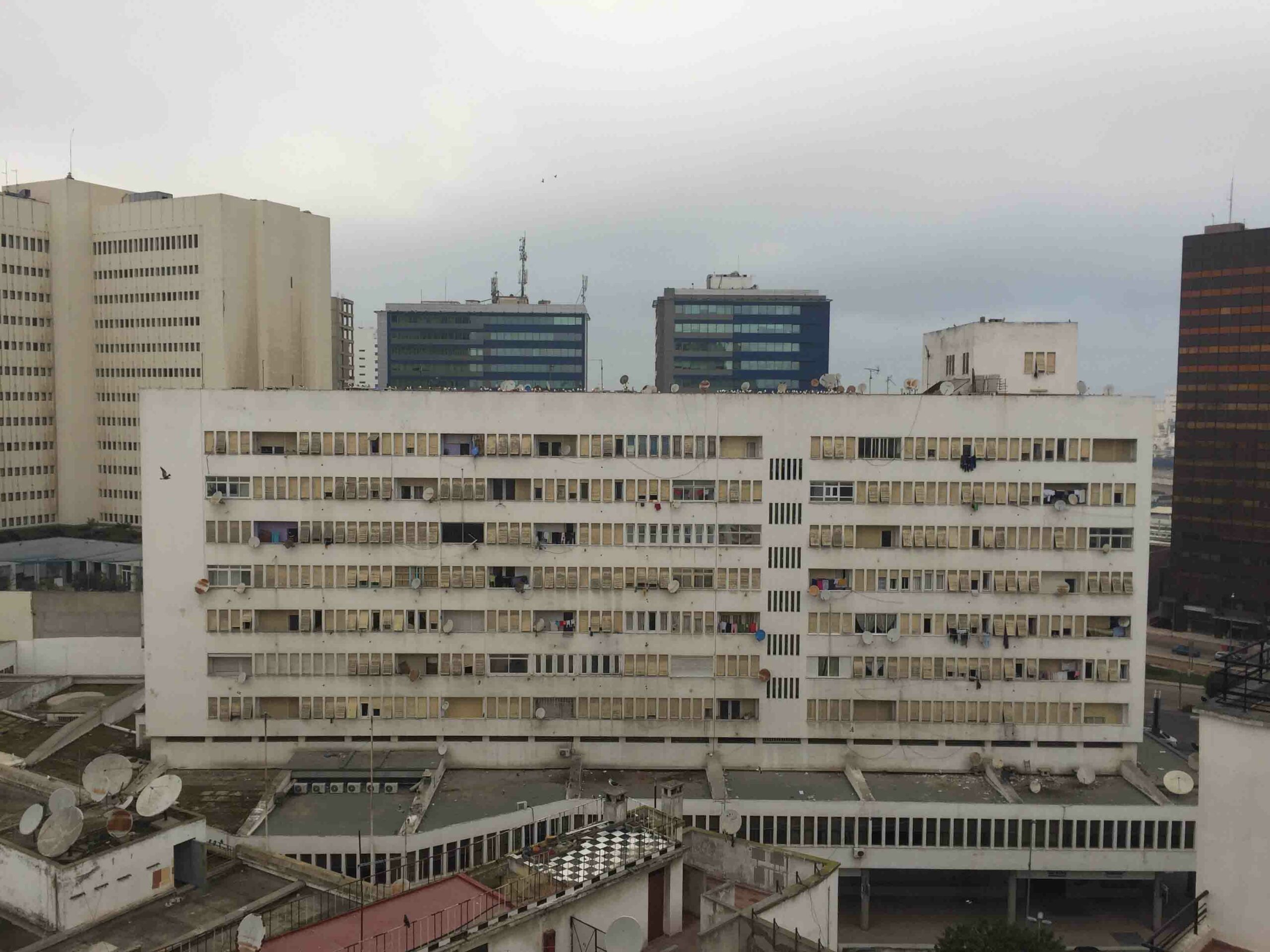Investigating ways to collectively tackle climate concerns at city level with issues of inclusion of affected communities
Innovative forms of climate pedagogy are emerging in urban and architectural curricula across the world. They are more considered of notions of ‘inclusion’ and ‘diversity’, and, at the same time, more inclined to incorporate climate resiliency at the core. This research project, led by Giulio Verdini, aims to understand how architects and urban planners should be educated to tackle climate change effectively by adopting a de-colonial perspective.
While cities are recognised as major contributors to climate change, urban planners and architects might contribute in delivering low-carbon and climate resilient urban settlements. The University of Westminster, in partnership with the initiative ‘P4CA – Planners for Climate Action’ of UN-HABITAT, promote an on-line forum to discuss how universities can generate suitable globally-informed and transformative knowledge to enable effective city climate actions.
This research project is based on post-colonial critique, which has been central to reconsidering the limits of modern western-centric solutions to urban problems, particularly when applied to global south cities. This is based on two considerations:
- Universities across the world have been challenged as institutions failing to recognise the limits of their knowledge production, and have been asked to incorporate a diverse contribution of people and approaches. This is part of the broad ambition to decolonise Universities.
- Urban and architectural knowledge, and therefore solutions for urban problems including climate adaptation strategies, has been predominantly produced in the Western world and, more critically, used in the Global South where most of the urbanisation is occurring today.
Taken together, these two strands point to the need to develop a broader (globally-informed) and more context-sensitive knowledge, as highlighted in post- colonial architecture and urbanism. At the same time, it suggests that universities need to embrace an overall transformative education model, which implies reconsidering both the process of knowledge production, and the development of suitable skills, values and dispositions to deliver a more ambitious education for sustainable development, as promoted by UNESCO.
This forum brings together international scholars, academic administrators and practitioners, operating in the global South, from a diverse range of disciplinary fields to discuss how to reimagine the future of knowledge production and its potential positive impact on practice. In respect to climate change this should generate advocacy for alternative pedagogical models and practical approaches more considered of local, socio-economical, institutional, and climatic conditions.

- Year: 2019-2021
- blog.westminster